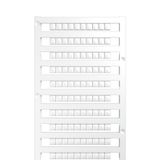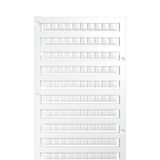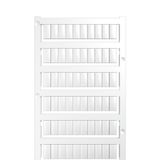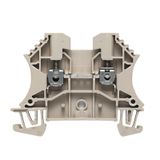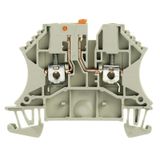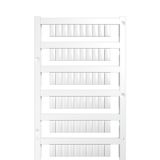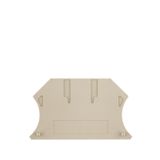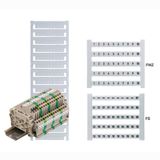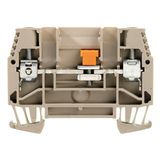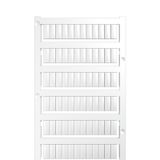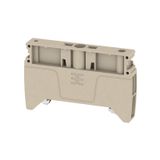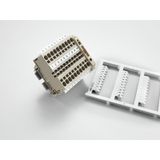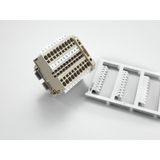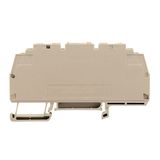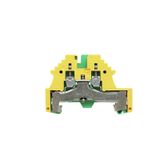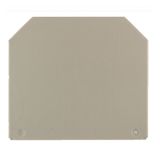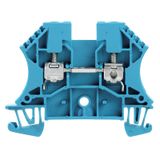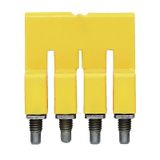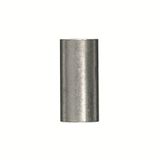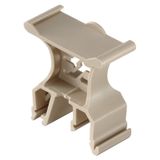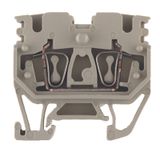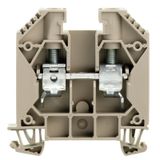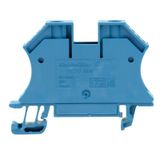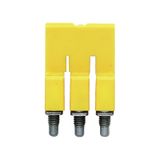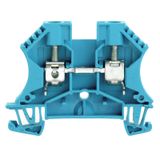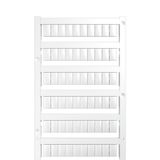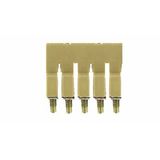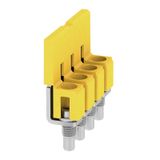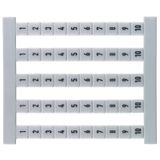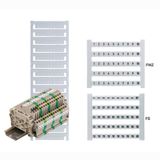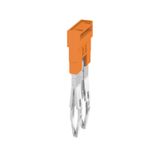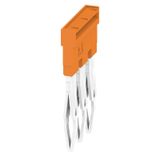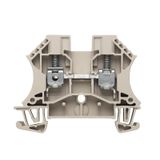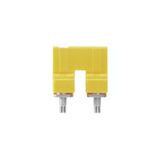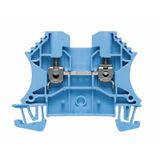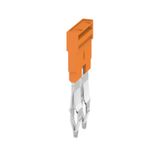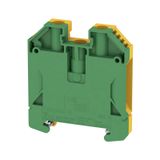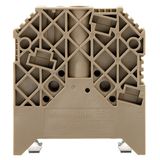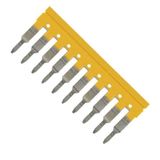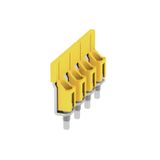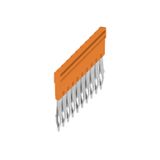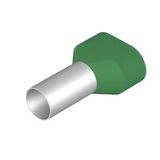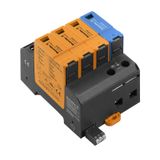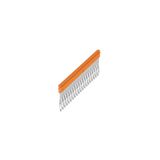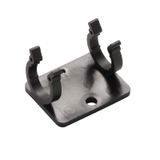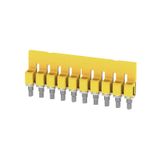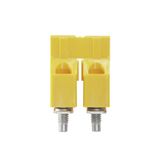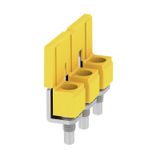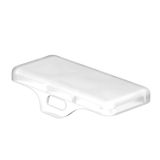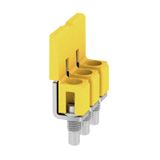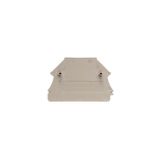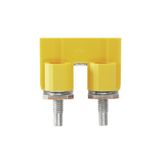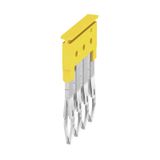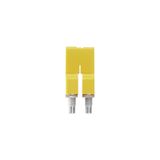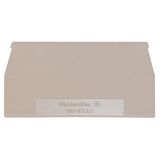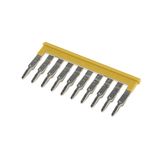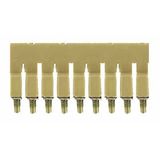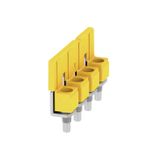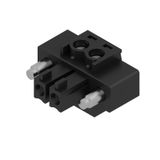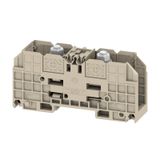Weidmüller Electrical Installation
Contractors pick Weidmüller when panel and site work need to line up: consistent rail geometry, glands that seal first time, and labeling that survives cleaning. Below is a practical map of families, sizes, and where they fit so crews repeat one method statement across cabinets and routes.
weidmuller installation materials portfolio for cabinets and field
Core items cover DIN rails (TS35/7.5 and TS35/15), backplates, mounting feet, cable ducts with low-halogen options, panel lamps and sockets, and pre-cut markers. For harsh zones, choose galvanised or stainless plate, UV-stable plastics, and cable ducts with smooth edges for fine-stranded conductors. If your RFQ lists weidmuller installation materials, specify finish, thickness, and duct slotting so the layout team doesn’t improvise on site.
weidmuller installation accessories labeling, glands, and fixings
Expect engraved and print-on carriers, heat-shrink sleeves, adhesive or clip-in label frames, compression glands in M16–M40 with EMC variants, reducer bushes, locknuts, IP gaskets, and shield clamps for 360° bonds. Bridle rings, tie bases, and cable spacers keep bundles cool in PoE-heavy trays. In project notes, reference weidmuller installation accessories alongside the panel printer ribbon and marker stock so replenishment is predictable.
weidmuller mounting systems rails, brackets, and trays
Wall brackets, cantilever arms, trapeze kits with M8–M12 drops, and ladder or tray accessories share a 25/50 mm slot logic so holes line up with channels and strut. Span tables and L/200 deflection limits simplify ceiling runs; repair collars fix oversize cutouts. When selecting supports, call out weidmuller mounting systems with finish (pre-galv, HDG, A2/A4) and maximum span by load class.
weidmuller electrical installation practice for panels and sites
Keep SELV and mains segregated with divider plates, maintain ≥6×OD bend on power and ≥10×OD on data, and size compression glands to jacket OD—not conductor size. Use field cable sets where shutdown windows are tight, and publish torque for entries so IP ratings survive maintenance. Where documentation references weidmuller electrical installation, align conductor classes with spring-clamp terminals to avoid ferrule dependence.
weidmuller conduit systems protection for routes and risers
Rigid and flexible conduits in PVC, LSZH, PA, and metallic builds cover indoor, riser, and outdoor draws. Fittings include straight, elbow, and swivel glands, plus EMC terminations that bite braid without nicking the core. Typical sizes run 16–50 mm; specify minimum install temperature for winter pulls. In mixed containment, add weidmuller conduit systems to separate PoE bundles from mains and limit thermal rise.
weidmuller wiring components terminals, ferrules, and jumpers
Feed-through, PE, multi-tier, sensor/actuator blocks, and pluggables keep wiring compact; push-in or spring clamps accept class-5/6 conductors cleanly. Ferrules, jumpers, and test plugs match terminal geometry so probe access is easy during FAT. When building standard panels, tie weidmuller wiring components to a single marker system and color logic for quick audits.
weidmuller installation hardware fasteners, plates, and kits
Self-tapping screws for plastics, machine screws and rivnuts for sheet, isolating washers for HDG, and A4 sets for coastal or chemical areas form the typical kit. Serrated flanges speed assembly; prevailing-torque nuts resist vibration on fan frames. Where BOMs call out weidmuller installation hardware, publish thread class, coating, and torque windows (e.g., M6 8–12 Nm) so pull tests don’t drift.
Technical specifications and standards that matter
Conduits and fittings per EN 61386 with stated crush/impact and temperature bands; panels to IEC 61439 thermal limits with derating above 40–45 °C enclosure ambient; machinery wiring per IEC 60204-1; plastics with UL94 V0 where required; EMC via 360° shield terminations at entry plates; rails and supports sized by span/deflection with corrosion finish declared. Note in the spec when weidmuller electrical installation requires LSZH in egress routes and IP ratings at entries. Keep a short line in the method sheet for spare lists covering weidmuller installation materials by EAN to simplify reorders.
Applications and compatibility
- Commercial buildings LSZH cable duct, slim glands for tight risers, and marker carriers that match faceplate fonts; add tray dividers where PoE bundles run warm. Reference weidmuller conduit systems to separate pathways cleanly.
- Industrial bays HDG supports, EMC glands with shield clamps near VFDs, stainless fixings in washdown cells; fast probe access via test plugs on terminal rows. Include weidmuller installation accessories for durable legends in solvent cleaning.
- Utilities and HVAC trapeze runs with clear span limits, hinged duct covers for service loops, and consistent 22 mm door geometry across MCC rooms.
Integration with other brand products
The ecosystem aligns with common PLCs, drives, and power supplies: DIN-rail spacing, M20/M25/M32 thread discipline, and shared labeling across terminal rows, devices, and doors. Pair weidmuller wiring components with spring-clamp terminals from the same family; match EMC glands to shield clamps so the braid lands once at the gland plate. For large frames, supports from weidmuller mounting systems keep hole patterns compatible with existing strut.
Selection criteria for B2B buyers
- Environment choose finish (pre-galv/HDG/A2/A4), LSZH needs, IP at entries, and any hygiene/UV rule; confirm fastener coatings from weidmuller installation hardware match support steel.
- Route and protection set conduit size, bend policy, and EMC termination; document tray fill and bundle limits with weidmuller conduit systems.
- Rail and plate plan define DIN rail type, duct width/height, and span tables; publish hole patterns from weidmuller mounting systems.
- Wiring and labeling fix terminal series, marker carriers, and printer stock; list spares for weidmuller installation materials by EAN/MPN.
- Assembly and torque record clamp ranges, gland torque, and screw windows; include consumables from weidmuller installation accessories for a complete kit.
Advantages of working with Bankoflamps
We organize procurement around how build shops actually work. Expect project-specific B2B pricing with custom offers and a named manager who keeps your preferred part families on hand. Quotes land fast—about an hour—so drawings lock without delay. Ordering by EAN or MPN mirrors your BOMs; the portal exposes live EU inventory, lead times, and order status, plus downloadable price lists that stay current. Purchase history and analytics support repeat frames and spares forecasting. Trusted accounts can use up to 30 days post-payment. We consolidate consignments to trim freight, keep pricing valid for agreed windows, and supply teams operating in France, the Baltics, Germany, Spain, Italy, Belgium, and the Netherlands.
